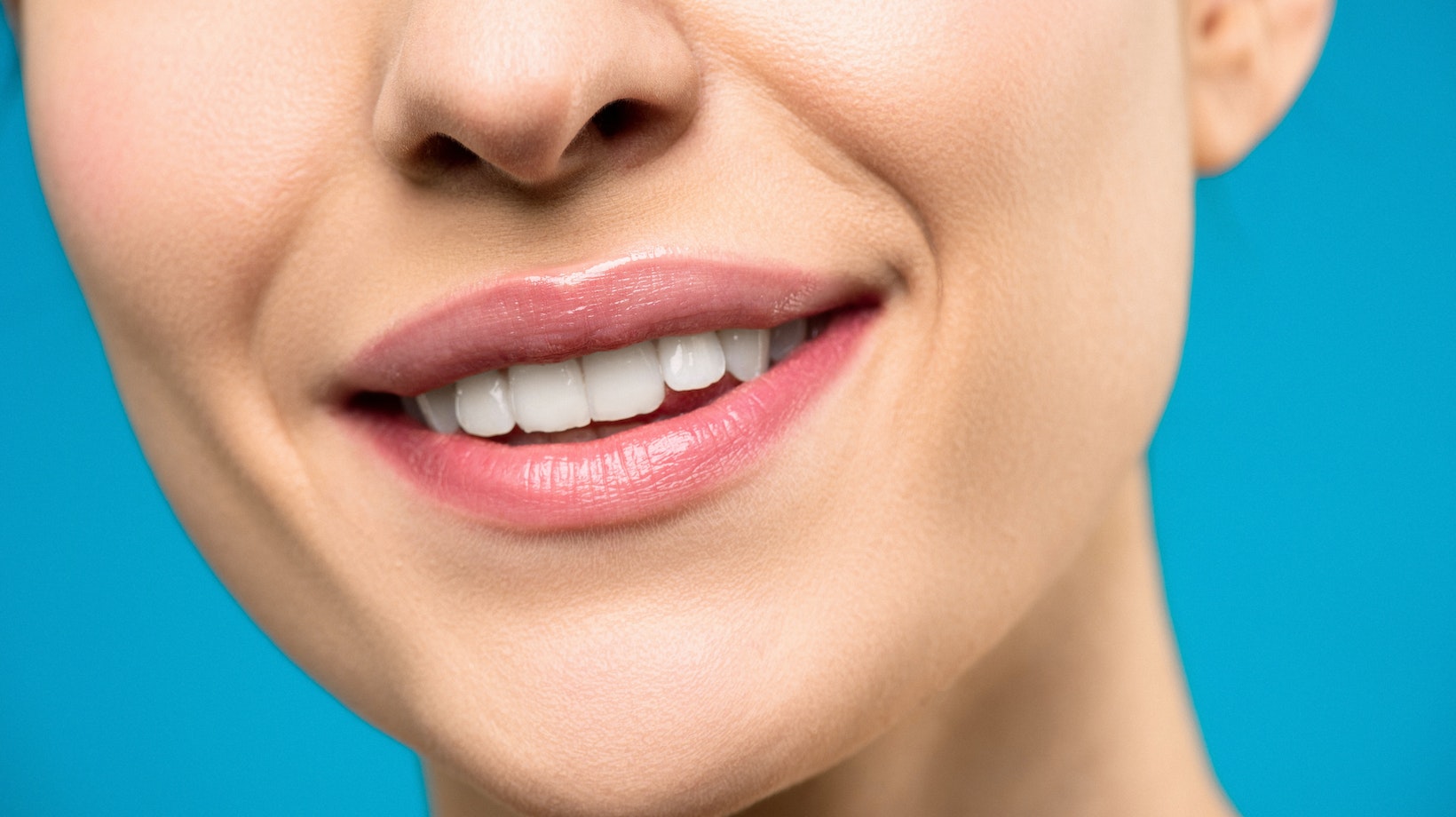
Why Do My Teeth Feel Like I Need to Bite Something
There are several possible causes for the sensation of needing to bite something. Let’s explore some potential reasons why you may be experiencing this phenomenon:
- Dental Issues: One common cause of this sensation is dental problems, such as misaligned teeth or a malocclusion (an abnormal bite). When your teeth don’t fit together properly, it can create discomfort and a constant urge to find relief by biting or chewing on something.
- Stress and Anxiety: Feeling the need to bite down on something could also be linked to stress and anxiety. Many people develop habits like nail biting or chewing on objects when they’re feeling stressed or anxious. This behavior provides a temporary sense of relief and helps redirect nervous energy.
- Oral Habits: Certain oral habits, such as bruxism (teeth grinding) or temporomandibular joint disorder (TMJ), can contribute to the urge to bite down on something. These conditions often result in jaw tension or discomfort, leading individuals to seek relief by clenching their jaws or biting down.
- Sensory Stimulation: Sometimes, the need to bite may stem from seeking sensory stimulation. People with sensory processing issues might find that applying pressure through biting helps them regulate their senses and feel more grounded.
- Nutritional Deficiencies: In some cases, nutrient deficiencies can manifest as unusual cravings or sensations in the mouth. For example, iron deficiency anemia has been associated with pica, a condition where individuals have an intense desire to eat non-food items including ice, clay, paper, or even metal objects.

Effects on Dental Health
When it comes to the sensation of needing to bite something, it’s essential to consider its impact on dental health. This urge can have several effects on our teeth and overall oral well-being. Let’s delve into how this feeling can potentially affect our dental health.
- Teeth Grinding: The constant need to bite or clench our jaws could be a sign of bruxism, a condition characterized by grinding or clenching teeth unconsciously. Bruxism puts excessive pressure on the teeth, leading to wear and tear, enamel erosion, and even tooth fractures. Over time, this can result in tooth sensitivity, pain, headaches, and jaw discomfort.
- Malocclusion: The persistent urge to bite down forcefully may also indicate an issue with misalignment of the teeth or malocclusion. When our upper and lower teeth do not fit together properly, it can lead to uneven biting forces that strain certain areas of the mouth more than others. This imbalance can cause tooth pain, difficulty chewing, jaw problems such as temporomandibular joint disorder (TMJ), and contribute to further dental complications.
- Oral Tissue Damage: In some cases, constantly needing something to bite might lead us to choose inappropriate objects like pen caps or fingernails as makeshift chew toys. Such habits can result in damage not only to our teeth but also surrounding oral tissues like gums and mucous membranes inside the cheeks. Biting non-food objects increases the risk of cuts, tears, infections, and other injuries that compromise oral health.
- Increased Cavity Risk: Frequently biting down hard or craving sugary foods as a means of satisfying this sensation may increase the risk of developing cavities. Bacteria in our mouths thrive on sugar and produce acid that erodes tooth enamel over time if proper oral hygiene is not maintained consistently.
- Psychological Factors: It’s important also to recognize that the need to bite something can have psychological implications. Stress, anxiety, and tension often manifest in physical ways, including the urge to clench or gnaw. Addressing underlying emotional factors through relaxation techniques, therapy, or stress management strategies can help alleviate this dental issue.
Understanding the potential effects on dental health is crucial for addressing and managing the sensation of needing to bite something. By recognizing these impacts, individuals can seek appropriate dental care, adopt preventive measures such as wearing a mouthguard for bruxism or seeking orthodontic treatment for malocclusion, and maintain regular oral hygiene practices to keep their teeth and overall oral health in optimal condition.





